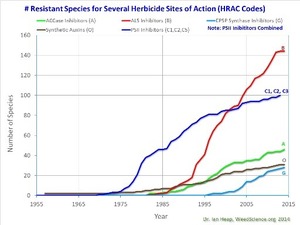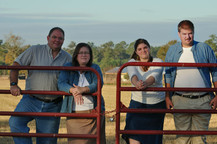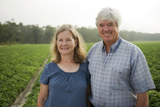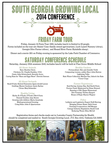Want better yields and the same or more profit?
Stop buying pesticides, rotate more crops over longer periods,
and mix in animals.
Yet another study confirms this.
Oh, and a hundred times less
disease-causing pesticides
in streams, and presumably also less pesticides in the food going to market.
Mark Bittman wrote for NYTimes today,
A Simple Fix for Farming,
The study was done on land owned by Iowa State University called the
Marsden Farm. On 22 acres of it, beginning in 2003, researchers set
up three plots: one replicated the typical Midwestern cycle of
planting corn one year and then soybeans the next, along with its
routine mix of chemicals. On another, they planted a three-year
cycle that included oats; the third plot added a four-year cycle and
alfalfa. The longer rotations also integrated the raising of
livestock, whose manure was used as fertilizer.
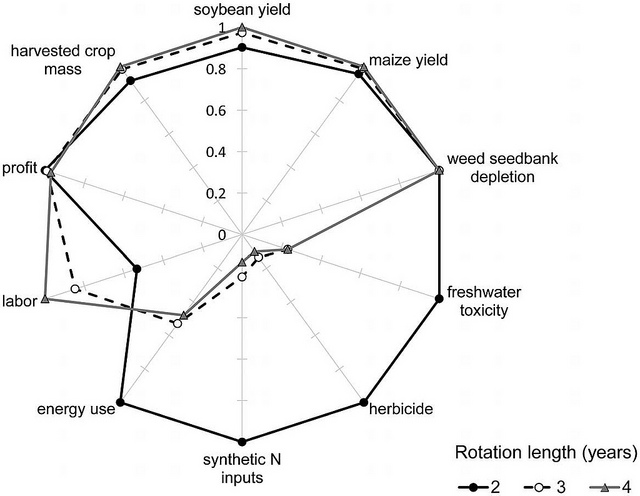
The paper’s Figure 3 (above)
illustrates that labor increased with crop rotation length,
but so did yield, and profit remained the same or better.
How can this be?
Continue reading →
Description: We will be discussing how permaculture practices with an emphasis on land stewardship and building communities.

